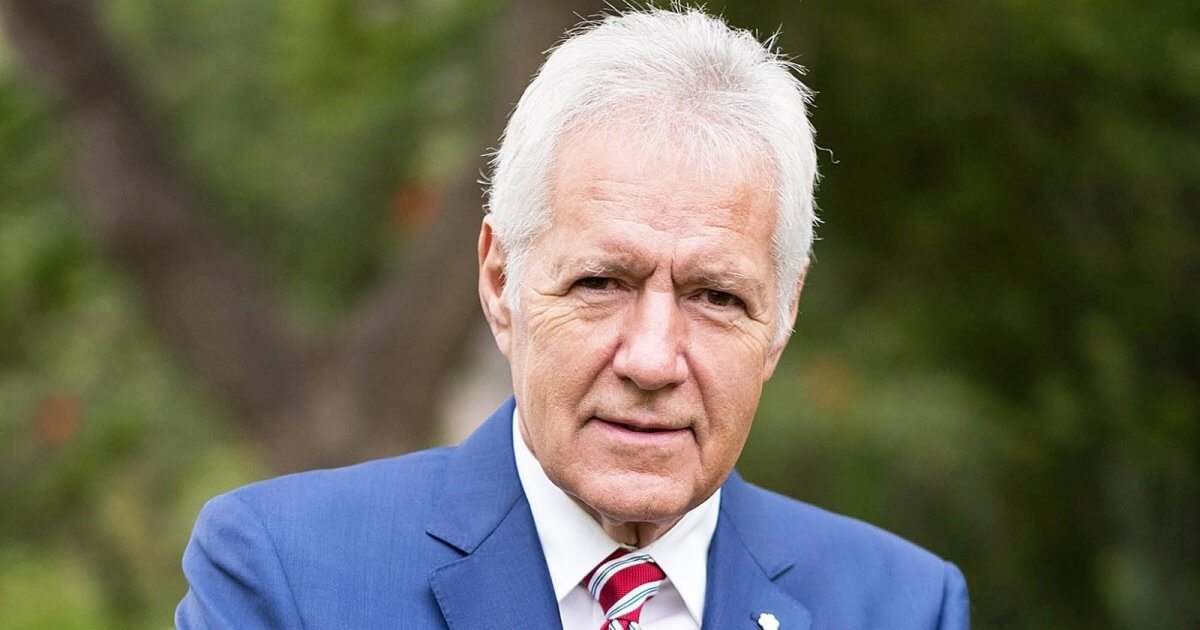56,000 Americans are diagnosed with pancreatic cancer every year. Because of Jeopardy! host Alex Trebek’s very public cancer battle, a lot of people are becoming more aware of pancreatic cancer, and how to take precautions against it. At the same time, a group of leading pancreatic cancer experts has just reaffirmed its recommendation against routine pancreatic cancer screening, saying that it doesn’t work well enough to be warranted, and may cause more harm than good.
Read MoreStill, according to the statement the USPSTF finds there is no evidence that screening for pancreatic cancer improves patient “disease-specific morbidity or mortality,” meaning that people who receive the test don’t seem to live longer or more healthfully than those who do. The primary “harm” that the recommendation sites are related to false-positives which happen with screening.
In order to better understand the early stages of pancreatic cancer, we wanted to provide some information about signs and symptoms, and the current state of treatment for pancreatic cancer.
Pancreatic cancer signs and symptoms
Pancreatic cancer may not cause early signs or symptoms, and the signs and symptoms that signal pancreatic cancer may also be caused by other conditions. Those include jaundice (yellowing of the skin and whites of the eyes), light-colored stools, dark urine, pain in the upper or middle abdomen and back, weight loss for no known reason, loss of appetite, feeling very tired.
Pancreatic cancer is difficult to detect and diagnose primarily because of the organ’s location, hidden behind other organs such as the stomach, small intestine, liver, gallbladder, spleen, and bile ducts. So deep in the stomach, any signals of cancer hard to detect.
According to Dr. Ocean, diabetes is also sometimes a side effect of pancreatic cancer. "The pancreas in our body has two functions," says Dr. Ocean. "It secretes enzymes that help us digest our food and it also secretes insulin which helps us manage sugar in our body. So that's why diabetes sometimes can happen as a symptom because the cancer is growing in the pancreas, affecting the insulin, and patients get diabetic, and this is because a cancer is developing. And then, unfortunately the cancer is diagnosed very late because it's been growing slowly inside, silently, in the person."
Other characteristics linked to pancreatic cancer include smoking, being very overweight, having a personal history of diabetes or chronic pancreatitis, having a family history of pancreatic cancer or pancreatitis, as well as some other hereditary conditions.
Information about pancreatic cancer treatment
The greatest difficulty with pancreatic cancer is the solid tumors. “It is the solid tumor cancer that has the worst prognosis. It is right now the third leading cause of cancer death, soon to be the second leading cause of cancer death in the United States,” said Dr. Ocean.
Part of the problem with solid tumors is the material that surrounds them. “The cancer cells are surrounded by what is called a stroma, and the stroma serves as a barrier for medications to get in to the cancer to kill it,” said Dr. Ocean. Stroma is tissue that surrounds the cancer tumor.
Which makes it really hard for treatments to do their job. “So chemotherapies have a hard time getting in, radiation has a hard time penetrating,” she continued. “Think of pancreatic cancer as an oatmeal raisin cookie and the raisins are actually the cancer cells, and the cookie part is actually all the stroma around it. And imagine having to navigate through all that stroma for a treatment to be able to get into a cell to kill it. So that's why the treatments just really aren't good enough to penetrate the cancer.”
But Dr. Ocean remained hopeful, “but we're improving, we're getting better treatments."
There has also been a lot of progress in surgery for pancreatic cancer. “One of the things that we now understand is the anatomy of the pancreas and how we can treat it surgically. An operation that used to take eight or ten hours, and people would be in the hospital for two to three weeks, now we can do even robotically or minimally invasively," Dr. Daniel Labow, Chief of Surgical Oncology at Mount Sinai Health System in an earlier interview with SurvivorNet.
And even patients who don’t get cutting edge surgery techniques can receive great treatment. “Or even if we don't do it [robotically], patients leave the hospital in five to six days, and can recover and have totally normal lives,’ says Dr. Labow. “So having pancreas surgery doesn't necessarily mean you'll have any limitations on what you can eat or drink.’
But surgery isn't a replacement for chemotherapy. “Of course everyone who has pancreas cancer does go on to get chemotherapy, even if it's relatively early, because it's so aggressive,” he says.
Learn more about SurvivorNet's rigorous medical review process.


